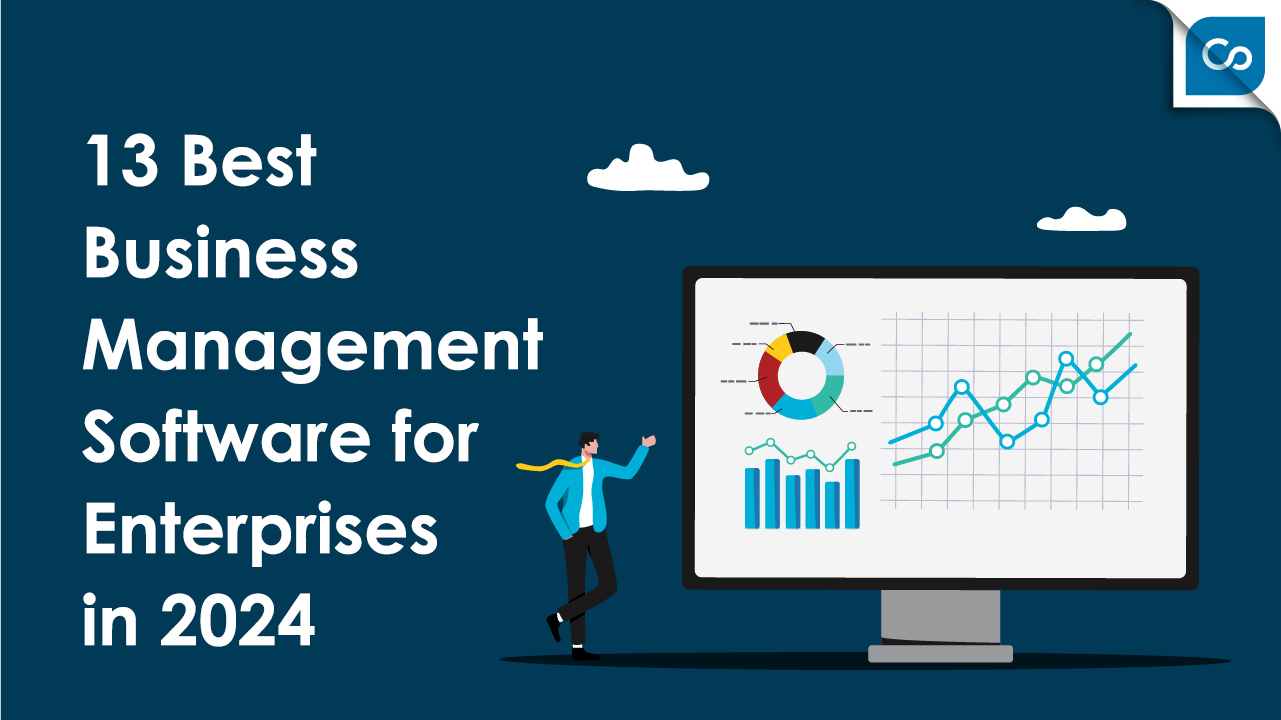From meticulously tracking expenses to dealing with tax returns, accounting operations are frequently lamented for being tedious, repetitive, and time-consuming. In fact, well over half of small business owners consider bookkeeping alone to be their least favourite task. However, having the right software can make all the difference by automating routine tasks, limiting the risk of human error, and enhancing productivity. With that in mind, here are 10 tools you need to make your business financial operations easier:
1. Time-tracking
If you bill by the hour, then time-tracking tools help ensure that you get paid for your time. That said, even if you don’t bill by the hour, time-tracking can still be helpful for determining the total amount of time spent on specific projects. This can provide valuable insights into how effective your team members are and which projects have the best return on investment. Equipped with these insights, you can better prioritise future projects, optimise schedules, and improve your project cycle times.
2. Expense-tracking
Recording expenses might be one of the more arduous tasks for finance teams, but it is also one of the most important. Ensuring you have everything in order for tax time will make things like year-end closures and filing tax returns much easier, while also reducing the chances of overlooking important expenses. The right software should let you not only record expenses, but also mark them as billable and automatically convert them into invoices. Mobile expense-tracking apps can even take photographs of receipts and convert them into financial data.
3. Payment processing
These days, if you want to get paid on time, then you need to make it as easy as possible for your clients to pay you in their preferred way. A complete payment processing solution should support all popular payment methods and platforms, while providing customers with a simple, one-click solution. Modern payment processing platforms like Stripe and PayPal might cost more than direct bank transfers due to commissions and exchange rates, but the convenience they offer can mean the difference between getting paid on time and getting paid late.
4. Billing and invoicing
If you are still using software like Microsoft Word or Google Docs to create your invoices from existing templates, then you will be spending much more time than you need to on invoicing operations. However, choosing the right billing and invoicing software will give you access to professionally designed and customisable templates which can be automatically populated thanks to integration with your time-tracking and other financial software. Some invoicing tools also let you set up recurring invoices to be sent automatically.
5. Payroll management
Payroll operations are fraught with potential risks. Not only is missing a payroll detrimental to your employees – it can also result fines and myriad other problems. Most countries have their own payroll solutions, such as KeyPay for Australia and New Zealand and Gusto in the US, due to local regulations. Fortunately, most of the major payroll solutions integrate with common accounting software to automate payroll management and ensure that employees always get paid on time and in full.
6. Financial analytics
Financial operations are data-heavy, involving constantly expanding transactional databases. This data is itself enormously valuable, provided that you can convert it into actionable insights that can drive informed decision-making. Financial analytics software provides effective visual analysis into your operations by way of convenient interactive dashboards. This gives you a 360-degree view into your business and how well it is performing, as well as instant insights across key areas like expenses, revenues, and profits.
7. Account reporting
While financial analytics help you make sense of the enormous amount of data collected from routine business operations, finance teams also need a way to easily compile reports. Some of the most important reports include profit and loss statements, balance sheets, and revenue per customer. Most accounting software provides a snapshot of your financial operations, but sometimes you need to be able to dig deeper in preparation for earnings calls. With the right software, you can generate reports automatically and with minimal manual intervention.
8. Quotations
For many service-orientated businesses, one of the first steps in the customer journey involves sending an estimate or quotation. Any comprehensive accounting solution should incorporate this vital step as part of the complete customer journey. For example, once you send a quote to a potential client, they should be able to accept (or refuse) it at the click of a button. If they choose to accept the quote, then the quote can be automatically converted into a sales order and, when the time comes, into an invoice, thus automating the process end-to-end.
9. File-sharing
Being able to easily share information is a crucial part of any business operation, particularly in document-heavy departments like finance. With an integrated file-sharing solution, such as Microsoft OneDrive or Google Drive, you can easily support your remote workers and adopt a completely paperless approach to financial management. Moreover, this will greatly reduce the amount of manual work involved with printing and filing documents and working with files sent via email.
10. All-in-one accounting software
While there is no single application that covers every feature and function that finance teams need, all-in-one accounting software goes a long way towards achieving that goal. Fortunately, choosing the right financial management platform can greatly reduce your software footprint and, in doing so, greatly reduce the amount of manual work involved. Some software also lets you easily integrate third-party services, such as online storage and payment processing. This delivers a seamless and interoperable user experience that practically eliminates human error and establishes a successful foundation for your business.
C-FINANCE is an all-in-one finance management tools that lets you track your expenses, customise invoices, and automate routine bookkeeping operations. It is part of the ContinuSys integrated business management system. Request your demo today to see how it works.



